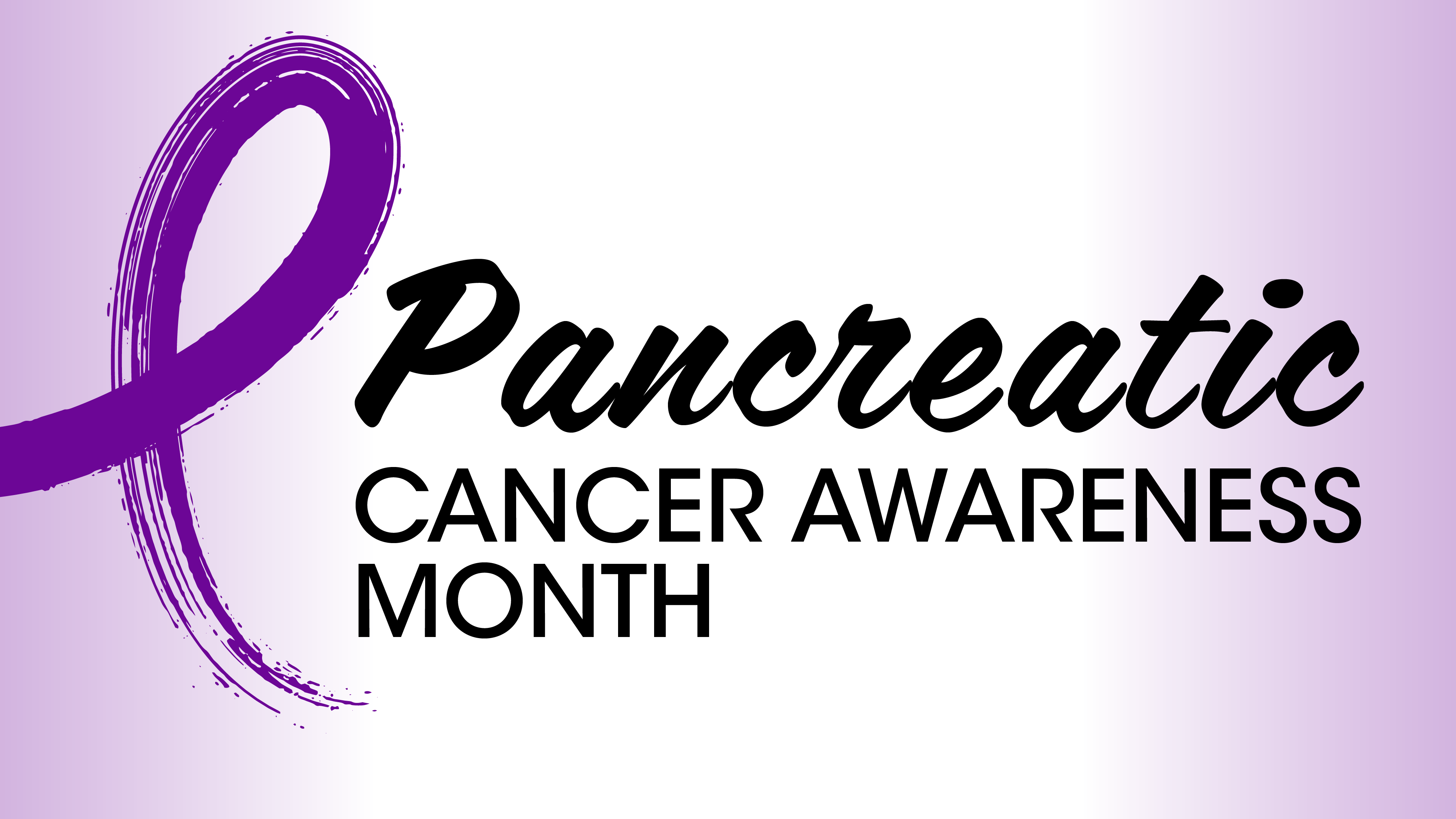
Palliative Care May Improve Mental Health in Pancreatic Cancer Diagnoses

The incorporation of palliative care specific to mental health services and therapy remains underutilized in the care of patients with pancreatic cancer.
Palliative care, as it relates to the use of mental health services and therapy, should be further investigated for patients with pancreatic cancer, according to results of a retrospective analysis that were published in Healthcare.
Data showed that of 4029 patients with newly diagnosed pancreatic cancer, 33.9% with anxiety had a palliative care consultation vs 22.8% who did not have an anxiety diagnosis; a similar trend was seen with those who were diagnosed with depression at 36.2% vs 23.2%, respectively.
“Our study emphasizes underutilization of [palliative care] and [mental health] treatment for [patients with] pancreatic cancer,” lead study author Divya S. Subramaniam, MD,associate professor of health and clinical outcomes research in the Department of Health and Clinical Outcomes Research at the Advanced Health Data Institute at Saint Louis University School of Medicine in St. Louis, Missouri, and coinvestigators wrote in the publication. “These findings imply a crucial need for further investigation into palliative care’s role in addressing mental health concerns among [patients with] pancreatic cancer.”
Palliative care implementation is an unmet need for patients with pancreatic cancer. In this study, investigators evaluated the association of pancreatic cancer with mental health services, as well as the use of pharmacotherapy in this patient population within 12 months of their initial diagnosis.
The analysis encompassed a US sample of newly diagnosed patients with pancreatic cancer using Electronic Health Record data from Optum’s Integrated Claims-Clinical dataset, which included encounters between January 1, 2010, and December 31, 2018. Patients were aged 18 years and older from the US and were mostly Caucasian (80.5%); the mean age at time of diagnosis was 68 years (SD; 12.3 years), and mean age at time of anxiety or depression diagnosis was 65.2 years and 64.7 years, respectively. Most patients, regardless of diagnosis, resided in the Midwest.
More patients with depression were found to older than 70 years compared with patients who had a diagnosis of anxiety alone or coupled with depression.
A total of 10.82% of patients who were diagnosed with anxiety and had a palliative care consultation were African American compared with 5.08% who did not have a consultation.
Additionally, anxiety and depression diagnosis, as well as palliative care consultation encounters, were determined via ICD-9/10 codes. Those with depression and/or anxiety prior to their initial cancer diagnosis were excluded from the analysis.
There was a variety in the use of mental health service and pharmacotherapy; the highest use was seen in patients who were diagnosed with both anxiety and depression.
Further findings showed that treatment patterns were influenced by age (adjusted OR, 1.832 for ages younger than 55 years vs older than 65 to 70 years).
“A similar trend was seen for patients 55 to 64 years old, who had 3 times higher odds of documented mental health services than patients 65 to 70 years old,” the authors noted.
For patients who had both anxiety and depression, 64.2% of them had documented pharmacotherapy compared with 52.7% of patients who had anxiety alone and 39.7% of those who had depression alone (P <.0001). A total of 35.3% of patients who were diagnosed with both anxiety and depression had documented use of mental health services vs 21.8% of those who had depression alone and vs 20.6% who had anxiety alone (P = .0003).
When stratified by palliative care consultation, 45.7% of patients who were diagnosed with both depression and anxiety and had a consult documented mental health services compared with 28.5% of those with both anxiety and depression and no palliative care consult (P = .0118).
Additional data demonstrated that palliative care did not have a significant effect on the odds of patients receiving documented pharmacotherapy, mental health services, or any therapy. Lower odds were recorded for patients diagnosed with anxiety or depression alone with respect to documented pharmacotherapy (anxiety: adjusted OR, 0.624; 95% CI, 0.429-0.907; depression: adjusted OR, 0.365; 95% CI, 0.247-0.540), mental health services (anxiety: adjusted OR, 0.411; 95% CI, 0.266-0.637; depression: adjusted OR, 0.499; 95% CI, 0.320-0.779), and any treatment (anxiety: adjusted OR, 0.551; 95% CI, 0.371-0.819; depression: adjusted OR, 0.376; 95% CI, 0.251-0.564) compared with those who were diagnosed with both anxiety and depression.
“Our study highlights the need for further investigation of palliative care in relation to mental health treatments and services utilization for [patients with] pancreatic cancer,” the authors concluded. “Furthermore, our study findings can serve as a valuable resource for health care providers, enabling them to make informed decisions regarding the implementation of palliative care.”
Reference
Subramaniam DS, Zhang Z, Timmer Z, et al. Palliative care and mental health among pancreatic cancer patients in the United States: an examination of service utilization and health outcomes. Healthcare. 2024;12(8):842. doi:10.3390/healthcare12080842
Newsletter
Stay up to date on recent advances in the multidisciplinary approach to cancer.



































